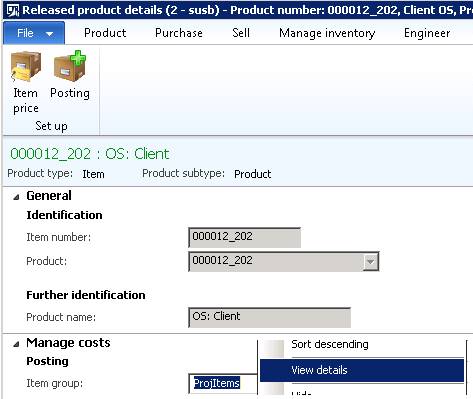Dimension defaulting - Part 5 (Ledger dimension creation)
Introduction
Continuing this series of blog posts, this post covers how default dimensions can be merged to create new ledger dimensions.
This blog post series includes:
- Financial dimensions discovery
- Control uptake and storage
- Copy patterns
- Merging patterns
- Ledger dimension creation (this post)
- Common pattern APIs
- Advanced topics
Ledger dimension creation
Default dimensions exist as a way to provide values that later will be used to create ledger account combinations used in journals and accounting distributions. Default dimensions provide the dimensions other than MainAccount needed for a ledger account combination, and can be combined with a default account, or another ledger dimension in order to produce one. As defined in the Ledger account combinations series of blog posts, a ledger account combination is just a set of MainAccount and dimension values with structure and order applied.
Figure 1: Accounting distributions from the purchase order line
As shown in Figure 1 above, choosing the Financials->Distribute amounts option from the purchase order line the accounting distributions form opens. It already has a ledger account combination defaulted “604250-00000001--Chicago-00000004”. From the previous blog post, the values for the Project, BusinessUnit and Department dimensions have been populated and a MainAccount defaulted from the posting item group on the item, as the Purchase expenditure for expense account for a purchase order as shown in Figure 2 below.
Figure 2: Source of a default (main) account for the item on the purchase order line
Figure 3: SQL query and results showing default account source
The code required to merge the default dimension on the purchase order line with the default account from the item group is shown in Figure 4 below.
Figure 4: Code used to merge the default dimension with a default account
Similar to merging default dimensions, once merged, a newledger account combination is created as shown in the query in Figure 5 below:
Figure 5: SQL query and results showing merged default account and default dimension
In the next blog post, APIs used for most common defaulting pattern APIs will be described.








